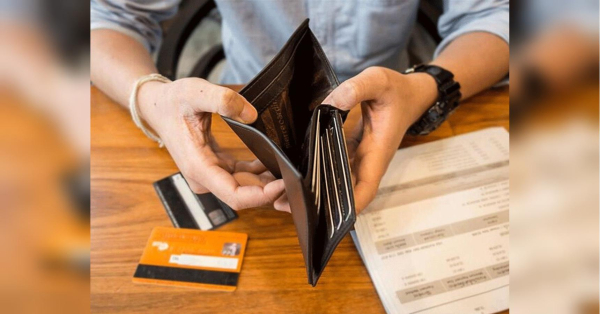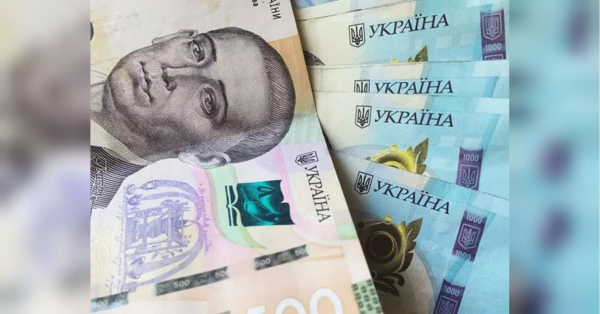
Payment for utility services continues to remain one of the main expenses of Ukrainians. At the same time, citizens do not want to spend money on electricity, gas, and heat. According to the Opendatabot service, as of September 2025, there were 788,507 enforcement proceedings for utility debts in Ukraine. That is, the increase in the number of proceedings for utility debts since July 2024 was 13%.
VIDEO OF THE DAY
According to the service's data, most debtors live in front-line regions, Focus writes.
Oleh Popenko, an expert on housing and communal services, tariffs and municipal issues, head of the committee on housing and communal services, improvement, and ecology of the Public Council under the Kyiv City State Administration, emphasizes that the largest amount of debts has accumulated precisely in the regions bordering the combat zone, where the level of income of the population has fallen critically. At the same time, further tariff increases are planned, which will only deepen the non-payment crisis.
Can they forcibly collect debts and evict people from their homes?
ADVERTISING
Despite martial law, the legislation does not exempt Ukrainians from paying utility bills. The moratorium on debt collection does not apply, except in areas where hostilities are or have been ongoing. To do this, the resident must provide an IDP certificate or other document confirming absence from the place of residence.
“In other cases, the supplier has the right to go to court, and after receiving a decision, to the enforcement service. Arrest of accounts, deductions from wages, sale of property are real consequences for those who ignore the payment of utilities. At the same time, if the consumer finds himself in difficult life circumstances, it is worth agreeing on debt restructuring – this is a legal alternative to forced collection,” explains Olga Brus, a lawyer at EvrikaLaw JSC.
After all, despite martial law, the legislation does not exempt Ukrainians from paying for utilities.
ADVERTISING
As for eviction from one's own home due to debts, this can only happen in exceptional cases specified by the Housing Code of Ukraine, for example, if a person occupies the premises without permission or lives without legal grounds.
“The moratorium on the eviction of such persons does not apply, so they can be evicted even during martial law,” the expert adds.
Therefore, utility debts are not grounds for eviction, but they can lead to the seizure of accounts or property.
According to lawyers, in order not to get bogged down in debt for utilities, the best way out would be to apply for a subsidy. After all, the state covers part of the cost of utilities for low-income families, pensioners, and low-income individuals.
ADVERTISING
“Take advantage of the benefits. Pensioners, people with disabilities, veterans are entitled to discounts or complete exemption from certain payments,” advises lawyer Daryna Starovoitova, adding that a restructuring agreement will help get rid of the accumulation of debt for payments. If there is already a debt, you can agree with the supplier on gradual repayment without court decisions.
And controlling energy consumption (installing meters, insulating homes, using energy-saving lamps) will become an effective and simple way to reduce costs.
And Oleg Popenko has already warned about the seriousness of the intentions of utility companies. In particular, he warned residents of the Obolonskyi district of the capital that collectors have begun work to “knock out” debts for utility services.






